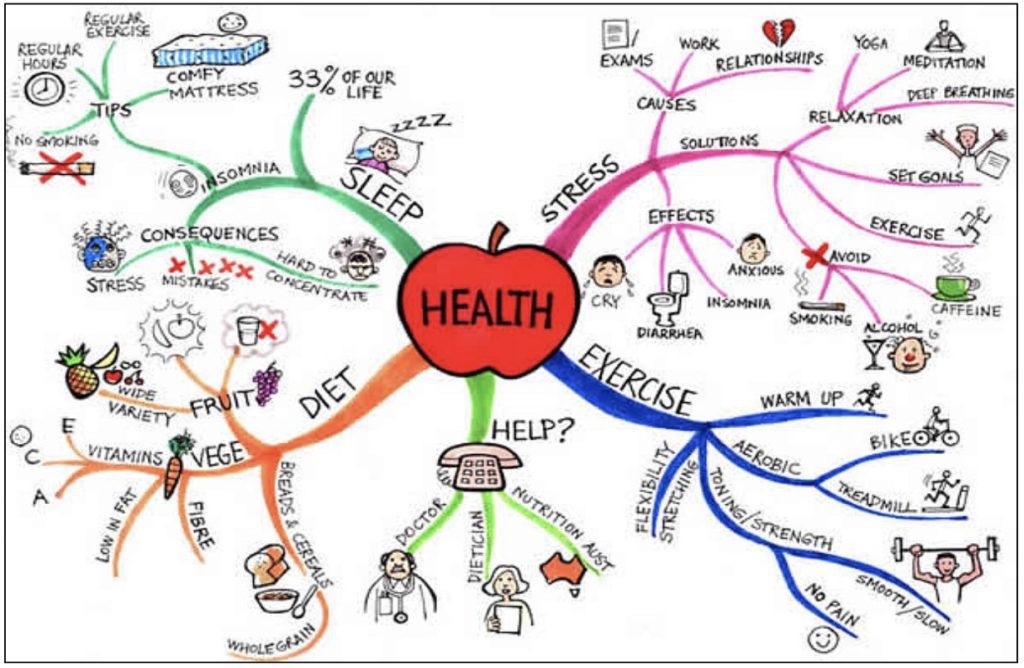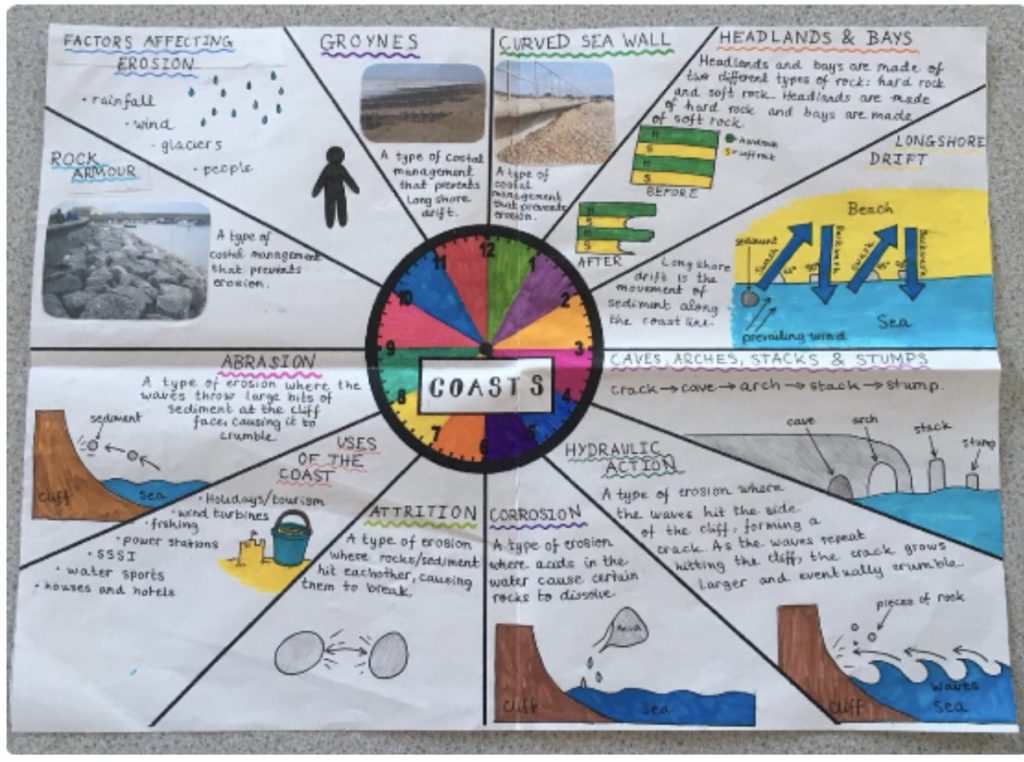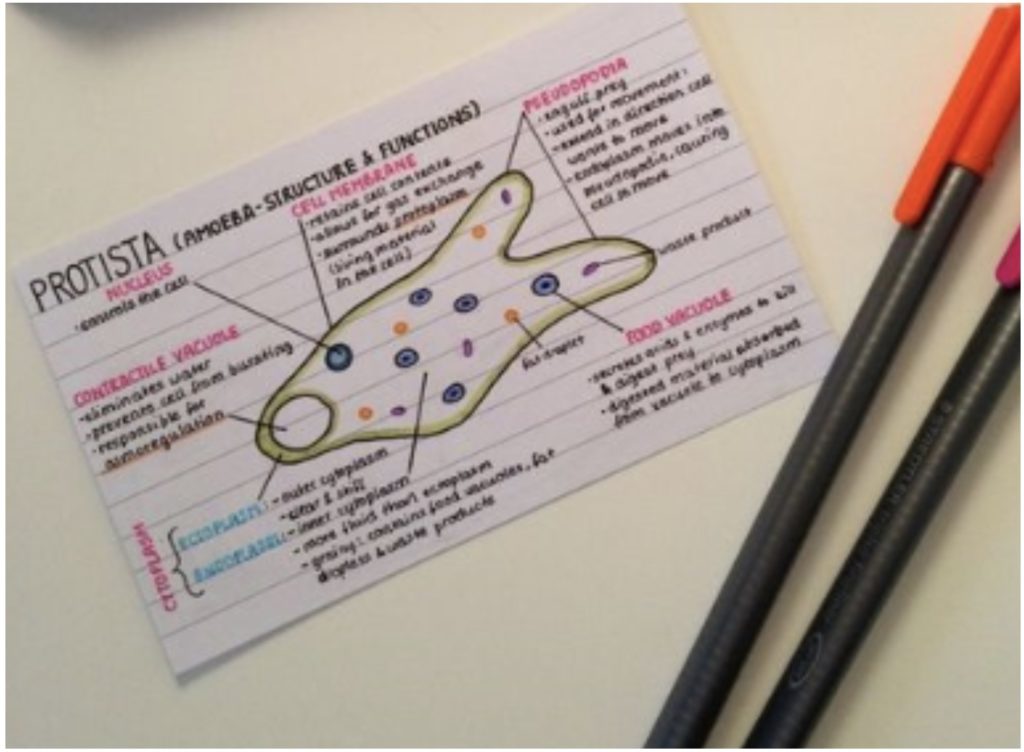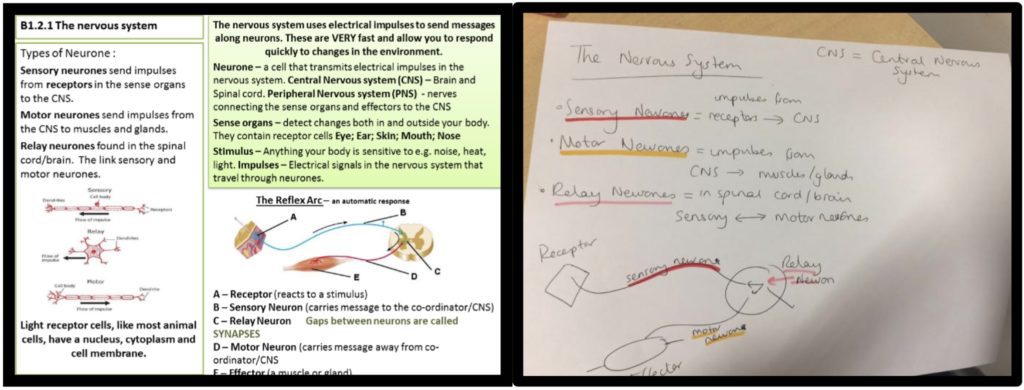What is a knowledge organiser and why are they important?
At Emmanuel we believe in the power of knowledge. In order to develop their understanding, our students need strong literacy skills as well as the core knowledge for each subject they are studying. We know that as our students deepen their understanding in each of their subject areas, then their love of learning and ambition for the future also grows. In Years 7 to 9 we have introduced Knowledge Organisers (KO) for each subject for each term/half term in order to ensure that our students are well-resourced for their learning. Spaced retrieval activities at the start of each lesson will focus on key elements of the knowledge organiser to help make the knowledge stick.
When will I use the knowledge organisers with my child?
As a parent, you have a powerful role to play in supporting your child to be well equipped for learning using the knowledge organisers. Sometimes your child will be set specific homework to learn key knowledge from the knowledge organiser and you can support them using the learning techniques given below. At other times, your child may be asked to revise for an assessment. Quizzing with a knowledge organiser will support your child to identify their knowledge strengths and areas for development in order to better focus their revision.
How do I use a knowledge organiser with my child?
The key to using any knowledge organiser is to encourage your child to engage actively with the content. This will involve time and effort on their part. Simply copying it out or staring at it for any period of time will not bring any rewards. Try out some of the techniques below for identifying and filling knowledge gaps with your child and make these regular routines. Little and often is much better than hours in one go!
1) Quizzing (Question/Answer, Answer/Question)
Write questions for your child or ask them to write their own questions for a particular section of a knowledge organiser. They must write the answer or the question from memory. Check and correct using the knowledge organiser.
2) Mind maps
- Choose a key question or topic. Write it in the centre of the piece of paper.
- Note down what the main points or key principles are.
- Note down the sub-ideas/definitions on your mind map.
- How do each of the ideas link together? Can you add that to your diagram?
- Check and correct using the knowledge organiser.
Your mind map might look like this:

3) Clock learning
For this technique you need to draw a simple clock with twelve sections. Divide the subject you are learning/revising into twelve chunks and write the title of each chunk in a different section. Then spend five minutes noting down everything that you know about that section before moving onto the next. Correct and check using the knowledge organiser.
Your revision clock might look like this:

4) Flashcards
You can make your own flashcards or use an online tool such as Quizlet. Use pre-made flashcards or cut your own out of card.
- On one side of the card, write the KEY QUESTION/WORD.
- On the reverse of the card, add the KEY DEFINITION, DIAGRAM or MIND MAP. (don’t write lots of text)
- When revising, answer the key question or give the meaning WITHOUT looking at the answer. Write or say your answers aloud.
- Check your answer against the flash card. Write down the points you missed out.
- Study your flashcards from both sides to learn the key information and space your testing.
For more information have a look at the video: https://www.youtube.com/watch?v=mzCEJVtED0U

5) Test, Read, Cover, Check
- Write down everything you already know about this topic.
- You have 5 minutes to study the knowledge organiser in SILENCE.
- Turn the knowledge organiser over and FROM MEMORY write down EVERYTHING you remember.
- Check against the information on your knowledge organiser. Tick what you got. Ask yourself, what did you miss out?
- Add 3 ideas you missed out.
Your recall practice might look like this:


